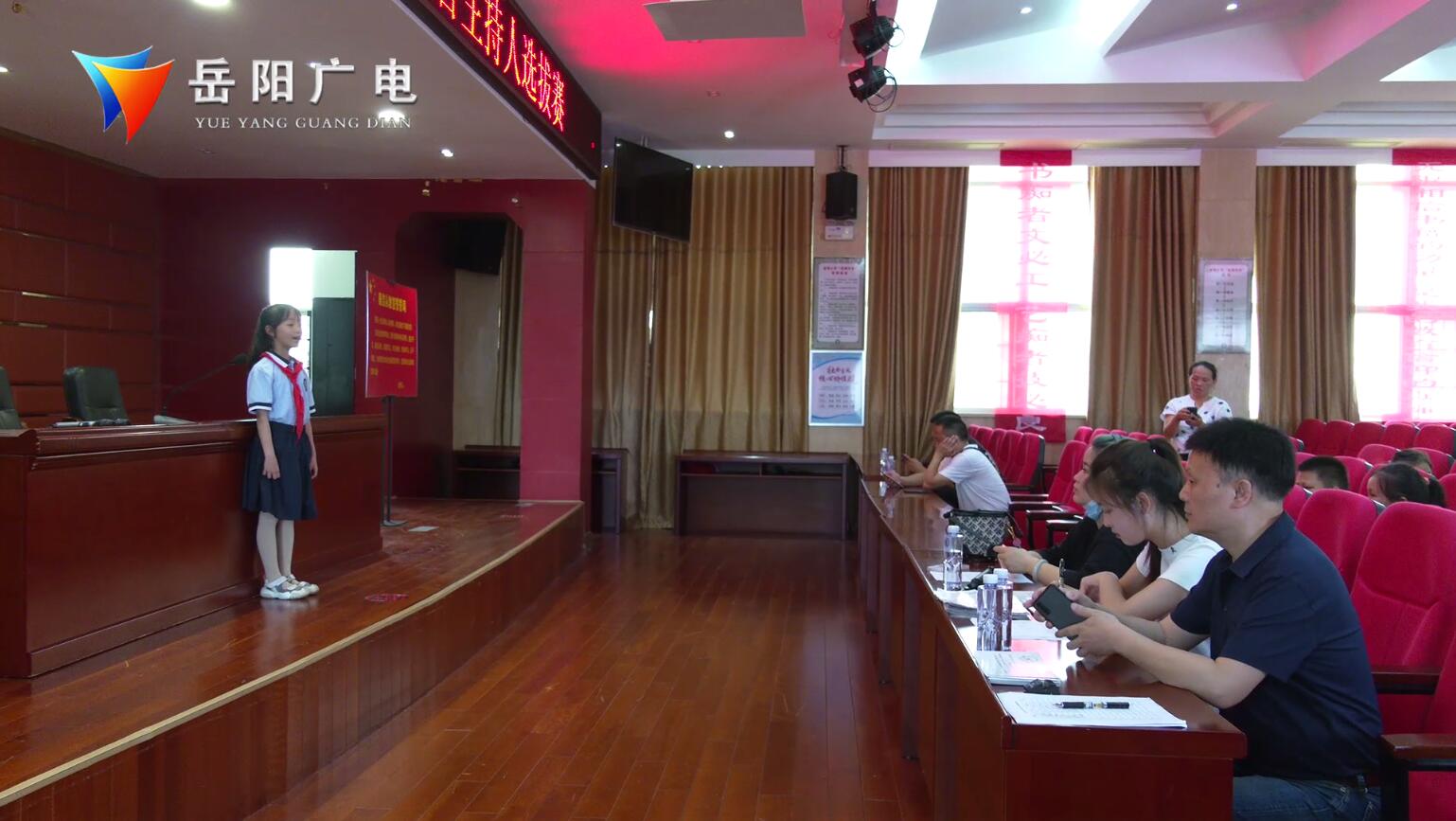The role of companion education in the treatment of drug addiction
Author:Gansu Public Security Time:2022.06.21
Paying companion education is one of the effective methods for reducing drug recovery. After nearly ten years of development, peer education has become a widely used training method in the field of social development. It mainly uses group discussions, games, role -playing and other methods of participation and interactivity. Participants are mainly companions and friends who are similar, have similar knowledge backgrounds, and their hobbies. The training of peer education focuses on the discussion and skills of skills, not the teaching of knowledge. Therefore, the role of the host is not a teacher, but the guidance of the topic discussion. The host focuses on the transmission of correct knowledge and core information, and does not focus on the explanation of knowledge.
Pay companion education is a new type of detoxification method that is different from the traditional detoxification model. Some scholars believe that peer education is a specific and professional education method. Through training and the same age, background, experience, or a common language counselor to carry out work in their own belongings To achieve the expected goal. Paying companion education is to build a bridge to communicate with each other in common, and the role of the role model is also arisen. Therefore, some scholars believe that peer education is a professional education method based on social learning theory. It usually uses training methods to train the target group as a companion counselor, and allows companion counselors to conduct services to the same group, experience, background, etc. to help the service objects change their behaviors to meet the expected goals.
Some investigations have found that detoxification people have suffered from destruction and lack of nutrition for long -term drug drugs, and they lack nutrition for a long time. Psychologically appear mental, emotionally indifferent, etc. It is easy to impulse, tension, loneliness, fear, anger, and poor psychological tolerance. At the same time, their values, outlook on life, and lifestyle are also deviated from the normal track of society. Detoxification people are particularly difficult to get rid of these physiological changes brought about by drug use. Researchers have the common characteristics of the psychological and social support of drug users. First of all, drug users often have high dynamics in personality characteristics and poor self -control ability. Secondly, the family environment has a significant impact on drug addicts, which is particularly obvious in drug adolescents. Once the lack of correct guidance and education is prone to drugs and even drug addiction. Third, drug users are often weak in social support, and society lacks understanding and identification of them. When they realize that they are not accepted by society, they will take the initiative to get out of themselves from the group. Based on this, it is not difficult to find that detoxification personnel are facing many difficulties. And companion education emphasizes the problem of recurring with drug rehabilitation. The theoretical basis for companion intervention is information -motivation -behavioral skills theory model. This theoretical model pointed out that as long as individuals have enough information, take motives, and the skills required for effective action, they may engage in health behavior. Pompelberry education is the characteristics of the "tendency" between educators to give full play to the characteristics of the "tendency" between peers. With the help of the training of the candidates with the appeal, the surrounding companions accept the correct information, so as to have a planned and destination companion to share experience and learning education methods for each other. After helping the addictive quitting, they see hope, and promote their motivation to establish and strengthen their own detoxification motivation.
Accompanimental education is more likely to be accepted by detoxification personnel, and constantly helps them strengthen their confidence in detoxification. At the same time, they have reduced the medical costs and social costs of detoxification to a certain extent. Therefore, the establishment and improvement of the peer education system in the treatment of drug addiction is important.
(Author Cao Hua Department of Psychological College of Northwestern Normal University, student of Cao Panhong Red Department of Northwest Normal University Psychological College)
- END -
Fight for a small host to pass the good voices of Jinyu Elementary School to select Yueyang Red Scarf Television Host

Yueyang Radio and Television All -Media (Reporter Yu Jiamin) In order to enrich th...
2022 Graduation Season | Anke: Enlightenment Dao Yu Si, the growth that MBA brings to me

Wisteria flowersWith a bang, a few years of loveA treasure, but ask a bit of hard ...